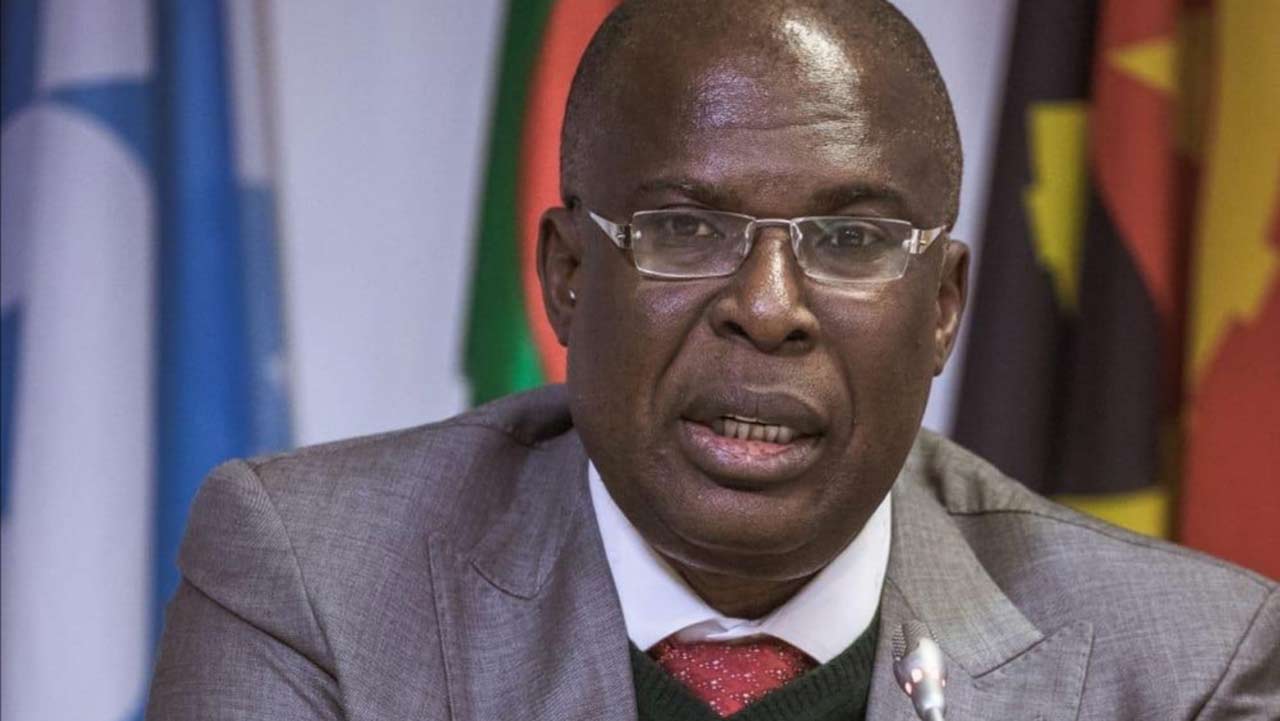Fuel Shortage: FG striving to get things back to normal — Sylva
The Nigerian government said on Friday that it is attempting to find a long-term solution to the persistent petrol shortage that exists throughout the nation.
Timipre Sylva, the Minister of State for Petroleum Resources, revealed this to reporters on Friday after inspecting a few gas stations in the Federal Capital Territory’s (FCT) central region.
Nigerians have recently found it difficult to purchase gasoline items at filling stations all around the nation.
Despite repeated assurances from the administration that it had enough petroleum supplies on hand, the shortage has continued.
President Muhammadu Buhari gave his approval on Tuesday to the formation of a steering committee with 14 members to deal with the supply and distribution of petroleum products throughout the nation.
The Nigerian Midstream and Downstream Petroleum Regulatory Authority (NMDPRA) blamed a breakdown in the supply chain for the country’s continuing gasoline shortage on the actions of cross-border smugglers on Friday.
However, the organisation asserted that there was more than 1.6 billion litres of gasoline available on land and in the sea as of January 26.
Despite the government’s stance, PULSENETS discovered that Nigerians continue to experience petrol shortages around the nation.
According to a PULSENETS report, Nigerians have continued to complain about the hardship brought on by the country’s lack of petroleum products as companies and homes that rely on generators for power provision suffer in the dark.
Nigeria’s chief of defence staff, Lucky Irabor, issued a warning on Tuesday, saying that the shortage had become a “security concern” and that “none is indispensable” in finding a solution.
Speaking on Friday, Mr. Sylva said that Mr. Buhari had ordered them to make sure that the situation with the gasoline supply was normalised throughout Nigeria.
He said: “And that is why I have to ensure that we sort out this problem. A lot of things have been done.
“All hands have been on deck, the Nigerian National Petroleum Company (NNPC) Limited, the NMDPRA, and stakeholders in the supply chain have come together to ensure that the problem is resolved.
“This is not the time for us to apportion blame as the most important thing is that the problem has been resolved and you can see now the queues are no longer there, at least in the FCT we are going around to ensure they have disappeared.”
Sylva noted that the importation of petroleum goods is problematic because many people lack access to foreign currency, and that the fuel issue in Nigeria “has a lot of ramifications”. He went on to say that the gasoline problem is unrelated to politics.
“Anything, including natural disasters like floods, can trigger fuel distribution hindrances because they are natural factors we are not in control of,” he said.
“A lot of the problems that cause fuel scarcity and queues are not within our control. There are also all kinds of people who are ready to take advantage of situations and cause problems by seeking opportunities to make money, hoard and smuggle the product.
“These require the intervention of the security agencies and the recent engagement with them definitely helped.”
He said that efforts were being made to restore refineries around the nation and to assist the functioning of modular refineries in an effort to secure the nation’s energy security.
“We had to take a 20 per cent stake in Dangote Refinery, these are all efforts by the government to ensure the problem is solved permanently,” he said.
He stated that the 14-member group, which was a component of the country’s process to manage petroleum supplies, will be established the following week to solve the fuel scarcity issues.













